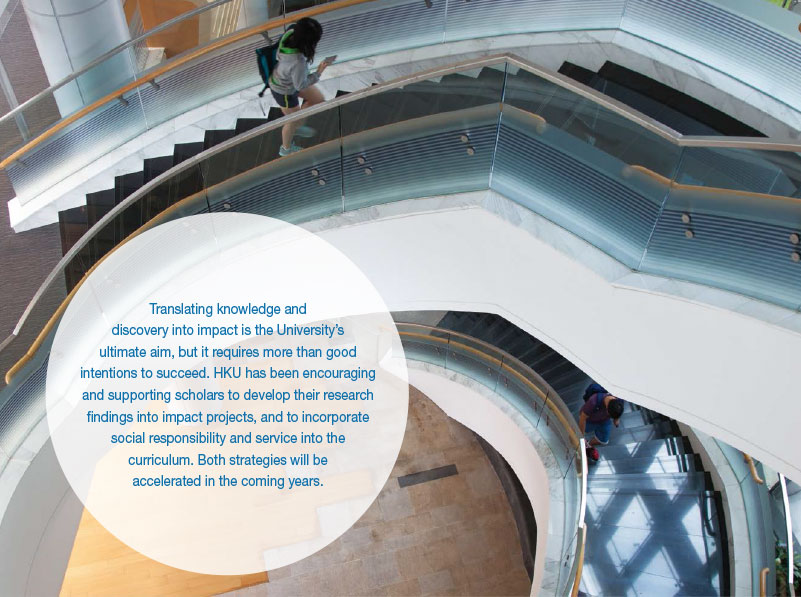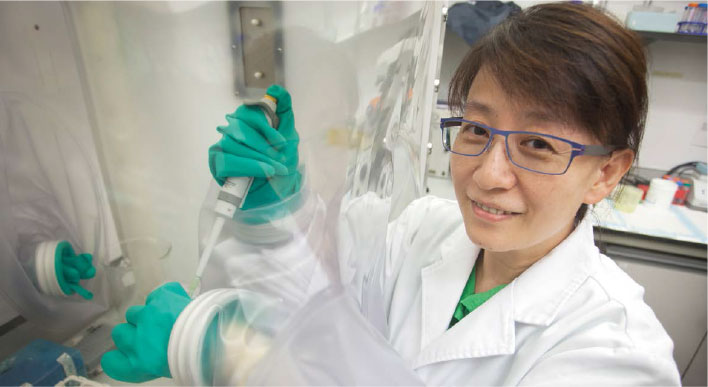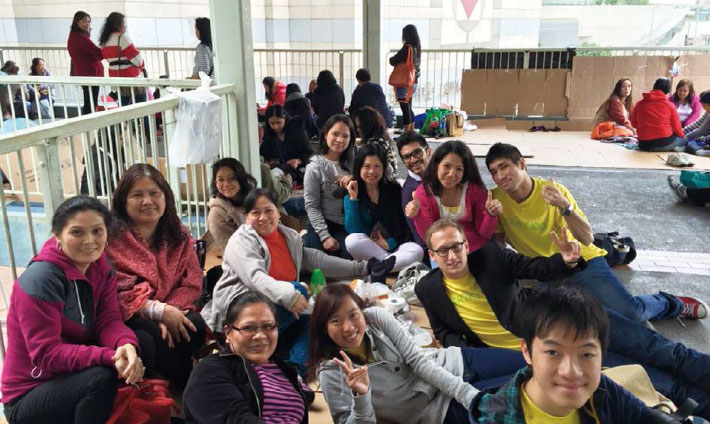

|
|
Start-up Time for Tissue Engineers 
| |
|
More than a decade spent at the cutting edge of tissue engineering is paying off for Dr Barbara Chan (pictured) of the Department of Mechanical Engineering, who has launched a new start-up with her colleagues, called Living Tissues Co Ltd, to translate their technologies into real applications. Dr Chan’s laboratory has developed four technology platforms and 10 patents, giving rise to innovative cartilage regeneration strategies. Working with small animals, her laboratory has successfully embedded stem cells from the animals’ own bone marrow into biomaterials to create cartilage- and bone-like tissues. These were then transplanted to repair the animals’ damaged knee joints and showed regeneration outcomes comparable to that of an autograft (grafting tissue from one area of the body to another in the same individual), which is regarded as the clinical gold standard. Future demand for this capability is expected to be very high as more people suffer wear and tear to their joints due to longer life spans and sportier lifestyles. “We have started working with large animal models and we are planning clinical trials with orthopaedic surgeons,” Dr Chan said. “We need funding and the right partners to take our results to the next phase of development.” |
|
Domestic Workers Get Many Helping Hands 
|
|
Hong Kong has more than 300,000 foreign domestic workers, who are not eligible for permanent residency and face a host of legal, workplace, social and other issues related to their situation. HKU academics and students across several faculties have been actively trying to improve their circumstances through several initiatives launched in 2014–15:
|
 |